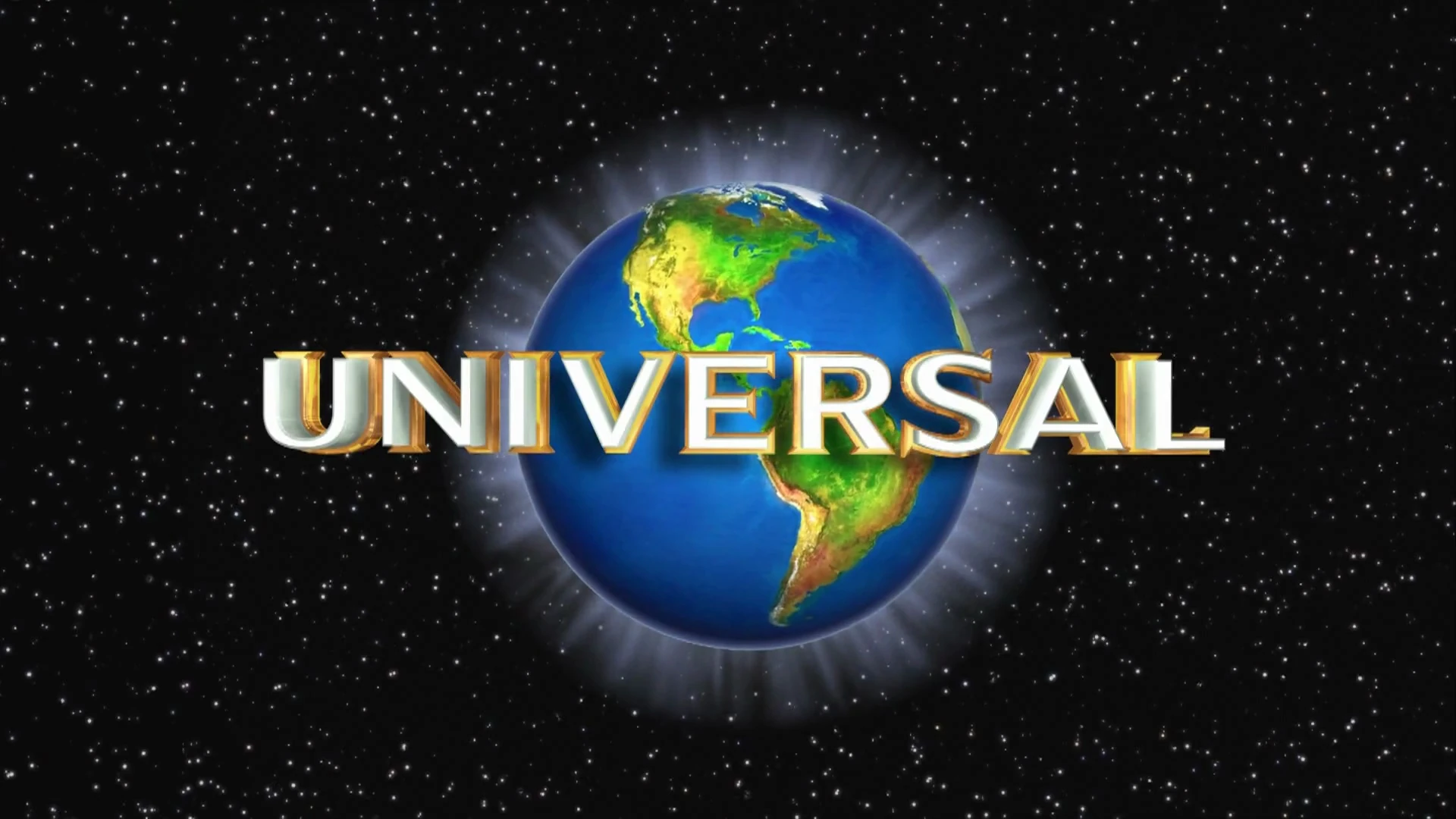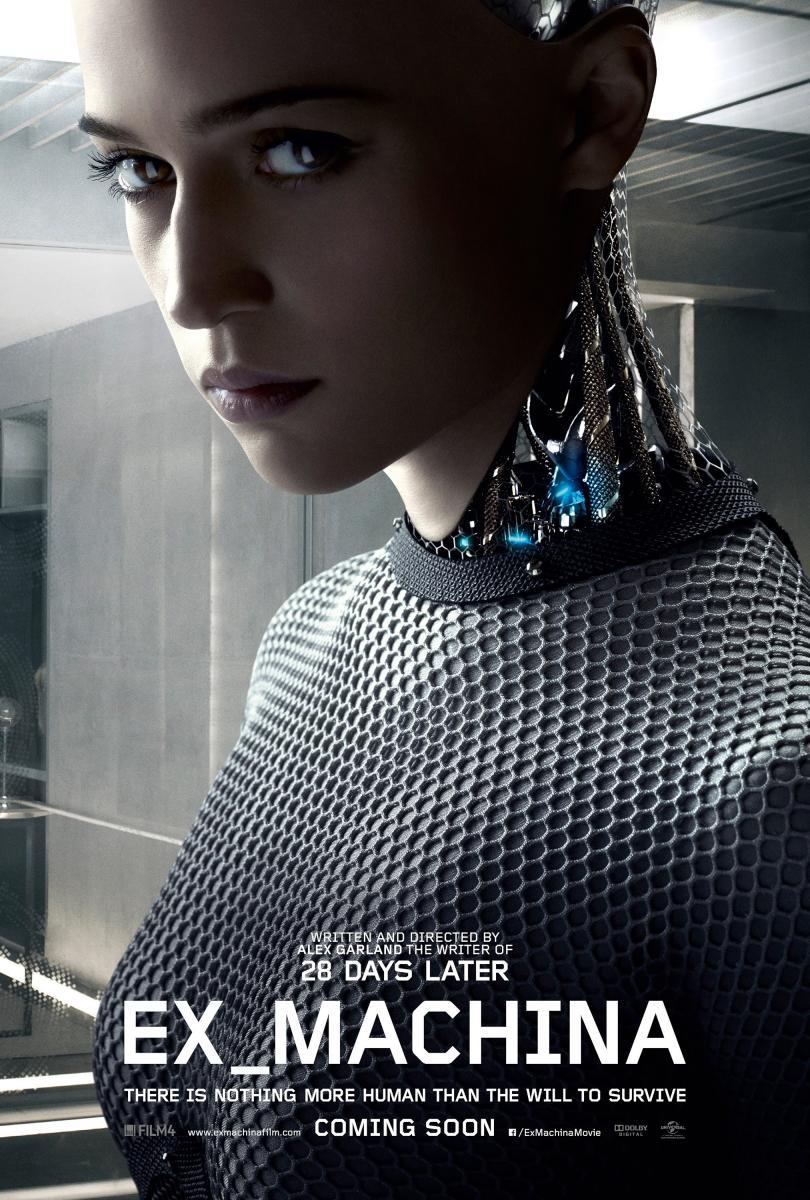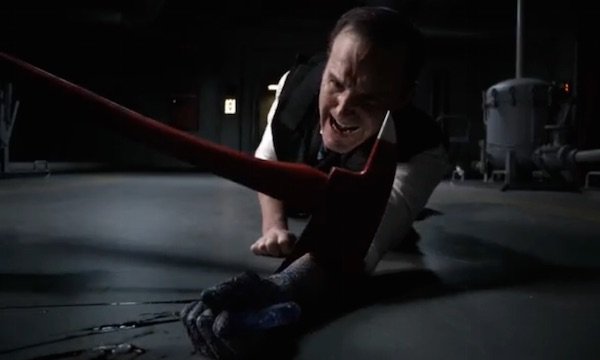Stereotypes aren't always negative: This is true in relation to the migrants, which are presented as the protagonists of the piece rather than villains like in some stereotypes. However, with the immigration officers, who are white, the stereotype is negative as they bully the less powerful.
They aren't always about minorities or less powerful groups: In the clip, this is true, as the stereotyped powerful white bullies are shown, however, the focus of this extract is on the less powerful migrants.
They can be held about one's own group: This is true, as the extract is aimed towards to majority white audience and is presenting a stereotype of white bullies.
They are not rigid or unchanging: The extract shows a change in society's stereotype with the woman on the front desk, as in the 40s-60s, the person on the front desk would have been a man but now its stereotyped as a woman, which is shown in the extract.
They aren't always false: Of course, there will be some white people that are bullies and there will be some migrants that act as protagonists but these are just stereotypes and are thus not true for everyone in the group.
Task 2:
The theory of Cognitive Dissonance is somewhat disproved by the success of programmes like Hotel Babylon. This is because the theory suggests that we seek out confirmation of our common stereotypes, thus being attracted to programmes that present these stereotypes. However, Hotel Babylon, and programmes like it, are unconventional, aiming to break these stereotype but their success opposes the theory of Cognitive Dissonance.
Task 3:
Alvarado's Racial Stereotype Theory:
Alvarado theorised that racial stereotypes will always be portrayed in one of 4 ways:
- Pitied - Racial Stereotypes may be presented as weak, to make us feel superior, and that they need to be pitied. An example of this representation can be seen in the following clip (showing a pitied African stereotype):
- Humorous - Racial Stereotypes may be used to humour the audience, using the stereotype as comic relief. An example of this representation can be seen below (showing a humorous Scottish stereotype):
- Dangerous - Racial Stereotypes may be used to show the danger presented by particular groups and encourage the audience to fear them. This clip shows an example of this representation (showing a dangerous Asian stereotype):
- Exotic - Racial Stereotypes may be used to show how different certain ethnicities are. Commonly, this is used to either with characters speaking different strange languages and eating uncommon foods. An example of this representation can be seen in this extract:

.jpg)

.jpg/revision/latest?cb=20141130063022)






